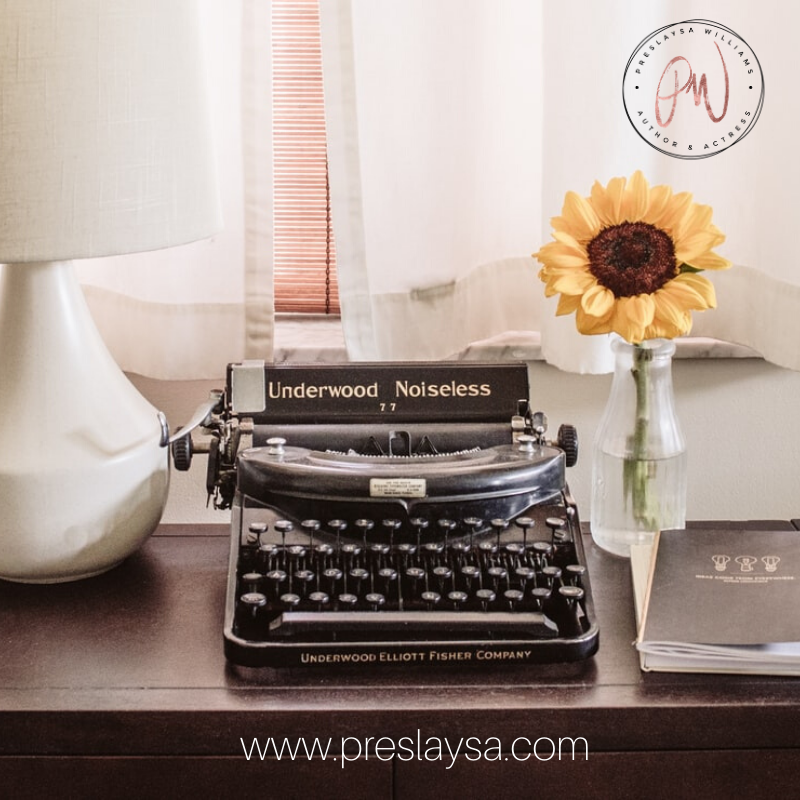
Writing fiction seemed so magical when I first started writing novels. I remember looking at my horrible scenes, comparing it to published fiction, and aching inside because I didn’t know what I was doing.
I learned some craft techniques to help me along the way. But first, what is dialogue?
Dialogue is what your characters say between the quotation marks.
Here are some tips to strengthen dialogue:
-
Use a character journal.
Nailing your character’s unique voice is tricky for many writers. In my MFA program, I used a character journal to help me get into my character’s mind. A character journal involves writing as if you were your character. You can use the journal as a make believe diary where they recount story events. You can set it up as a character interview. You could even have write stream of consciousness from your character’s point of view. Any journaling method that’ll help you get to your character’s heart and mind works!
-
Avoid dialogue tags that tell emotions to the reader.
Here’s an example of explaining your dialogue to readers:
“I didn’t buy any milk today,” she said with sadness.
It’s easy to write dialogue like this, especially if you’re new to writing fiction. It’s even easier to name a character’s emotion than to show it. Here’s how this line could be improved:
“I didn’t buy any milk today,” she said. Her expression flinched, and then she glanced away.
In the second example, I use body language to convey emotion instead of an adjective. You could also convey emotions through a character’s thoughts or the physical setting.
-
“Said” is the best dialogue tag.
Try not to overcomplicate your dialogue by adding adverbs to a dialogue tags or by using verbs other than “said” as a dialogue tag. For example:
“I did not,” he grimaced.
Can someone grimace while they are talking? It would be difficult. Use “said” instead.
Here’s another example that uses an adverb:
“Are you cold?” she said kindly.
There are other ways to convey kindness in fiction without using the word “kind.” You can describe the person’s nonverbal actions or their tone of voice. You can write the character’s thoughts. This is where the magic of fiction happens.
-
Read your dialogue aloud.
Reading your dialogue aloud will help you convey the heart of the scene. Reading aloud helps you also catch the rhythm of the words (or lack thereof) and revise your dialogue accordingly.
Question for you: Have you tried any of the tips in this post?
If so, how did it work for you?
If you haven’t, which one are you willing to try soon?
Comment below!
Leave a Reply